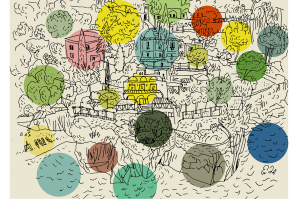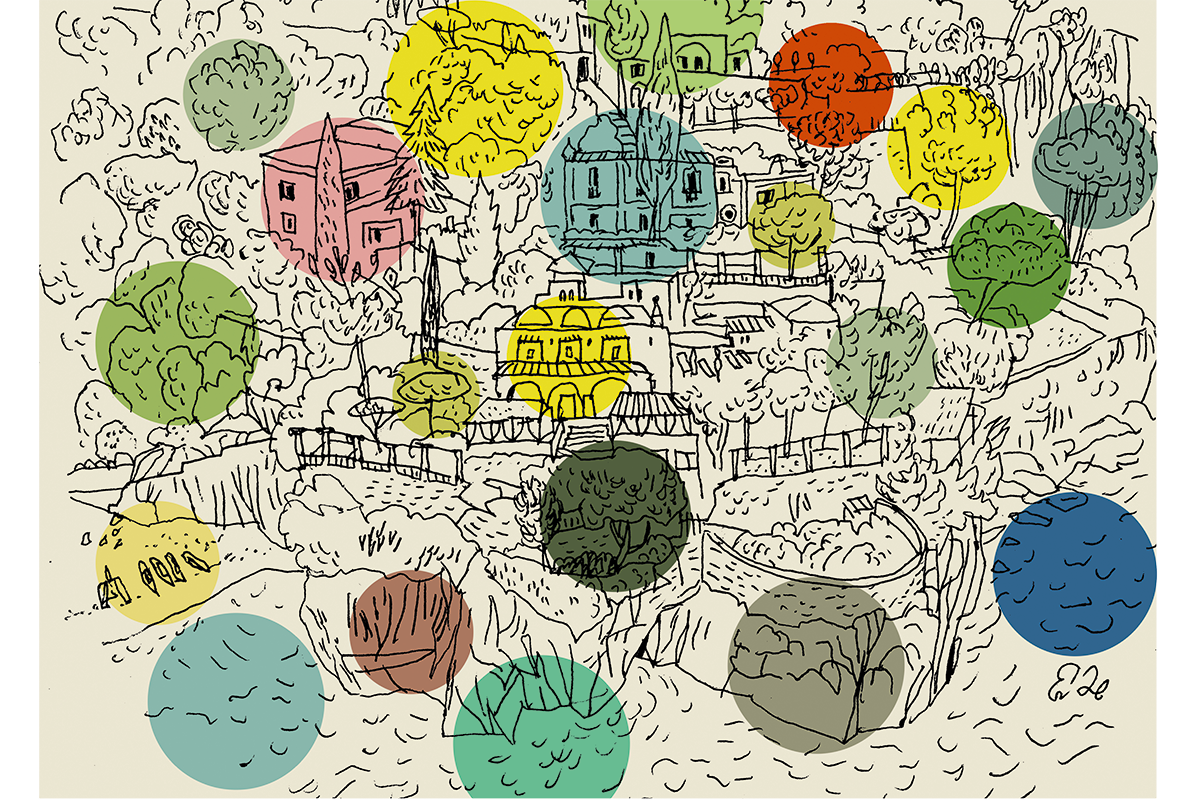Locking down Britain sooner would have saved thousands of lives, according to Neil Ferguson. But while Ferguson’s claims have been rightly contested — and the merits of shutting down Britain, particularly in view of today’s woeful GDP figures — remain debatable, one thing is very clear: lockdown is having a dreadful effect on the lives of many.
A survey from Italy, which went into lockdown a few weeks before Britain, shows why. 20,000 people were quizzed by researchers at the Mario Negri Institute in Milan on the psychological consequences of forcing people to quarantine themselves. And the findings — almost certainly replicable in Britain — make for grim reading.
Over half of the respondents reported some negative psychological effects; one in 20 reported a severe impact. When the Negri researchers enquired about the type of problems experienced, one in 10 said they had had moderate to severe depressive symptoms, six percent moderate to severe anxiety symptoms and four percent moderate to severe physical symptoms. Feelings of helplessness and the sudden halting of everyday life brought about by the lockdown led to a surge in anxiety.
Inevitably, those worse hit were the poorest, particularly women, and those with lower educational levels and who lived in smaller houses with no gardens. But the effects of lockdown were also palpable for those spending quarantine in more comfortable surroundings. Those answering the Mario Negri Institute survey were more likely to have a larger house with a private garden: less than one in seven lived alone, and just under two-thirds were from the hardest-hit region, Lombardy, the first European region to witness the surge in the European phase of the pandemic.
The survey showed that while wealth did play some part in how people were affected by enforced isolation, there were other, less considered elements to how badly people were impacted by lockdown. Negative effects of isolation were much more severe the nearer an individual lived to a red zone, or infection hotspots. On March 4, 11 communes in Lombardy were designated as red-zones. One of these areas was Nembro-Alzano, near Bergamo, where TV clips of coffins loaded onto army trucks spread around the world. The nearer you lived to these epicenters, the higher the risk of adverse psychological consequences.
A similar online survey in Hubei province, China, found higher rates of anxiety, depression, harmful alcohol use, and lower mental wellbeing than normal. Young people were found to be more vulnerable to mental health problems and alcohol abuse. During the initial phase of the outbreak, roughly one-third of the respondents reported moderate-to-severe anxiety.
While the focus has been on the benefits of lockdown — lives saved — there has been little discussion about the potential harms, which are not always immediately apparent. Historically, such effects have been understudied, underreported and not accounted for in decision-making processes.
The effects also go beyond just mental health: the backlog of health consultations, appointments and surgeries will take years to work through.
The long-term effects on children have not yet been accounted for; educational losses will have repercussions for years to come. Education leads to higher income and lower unemployment (in some countries this means not having health insurance) as well as the psychological, cognitive and social skills attained through higher educations that all feed into better health. But it will take years to see these effects filter through.
Economic damage caused by the shutting down of economies also further impacts wellbeing. After 2010, the effects of austerity were linked to 120,000 excess deaths in England; those over 60 and care home residents were worst affected. Real term spend on social care fell every year and as a consequence, we ended up with an under-resourced and badly affected care sector.
[special_offer]
While lockdown has changed the way all of us live, for those of us fortunate enough to be able to continue (largely) as normal, it might be hard to put our feet in the shoes of those worst hit. We have difficulty in imagining what life must be like for the elderly, the disabled, the unemployed, those with pre-existing mental health problems, learning difficulties and those from ethnic minorities.
So as the debate about lockdown rages, one lesson must be learned: in any future pandemic we must develop strategies to minimize the harms for those at greater risk, taking them into account in any future decisions. The fact that the lockdown models were made by the same people who prophesied Armageddon when the first cases appeared or when it was relaxed, seems to have gone unnoticed and uncommented on. We must understand that interventions have consequences, not all of them are beneficial.
Freedom and health are sometimes balanced on a knife-edge and can be antithetic, as facts are beginning to show. So, yes, the lockdown might have saved lives. And Ferguson could be right that shutting down Britain earlier could have prevented more deaths from coronavirus. But there is a flip-side in this debate and it is worth asking two questions. How many lives is lockdown costing? And what damage is the shutting down of society doing to those left stuck indoors?
Carl Heneghan is a professor and Tom Jefferson is a senior tutor at Oxford’s Centre for Evidence-Based Medicine. This article was originally published on The Spectator’s UK website.

























